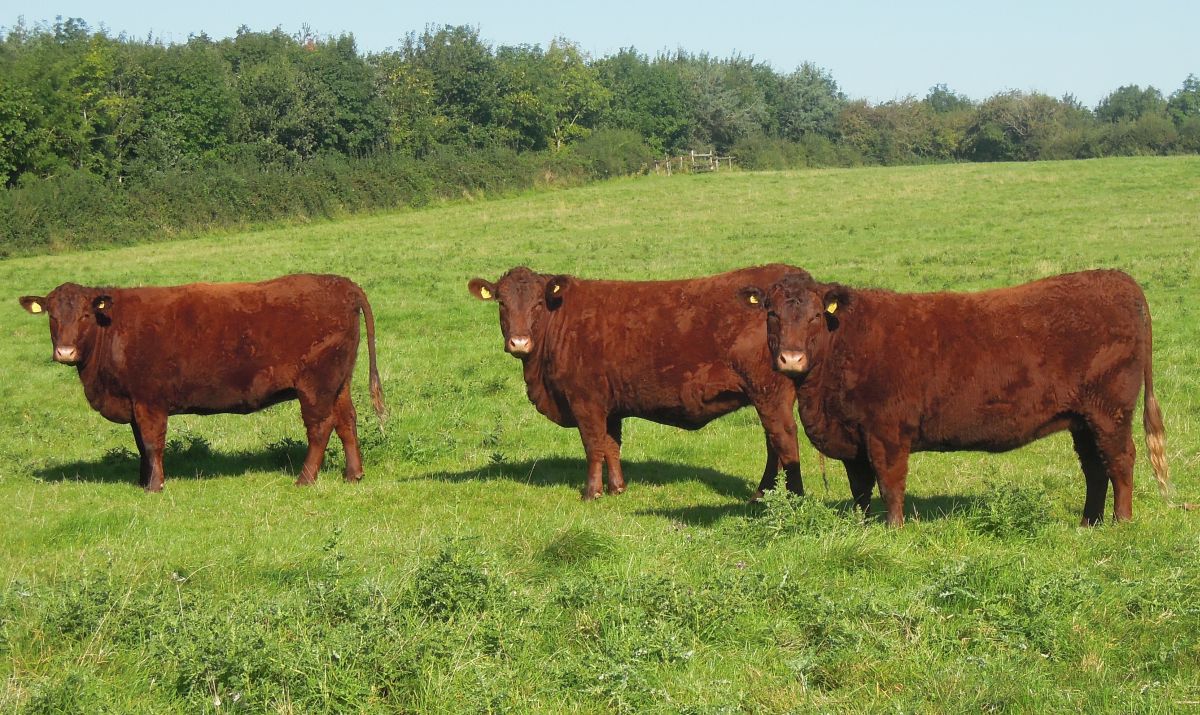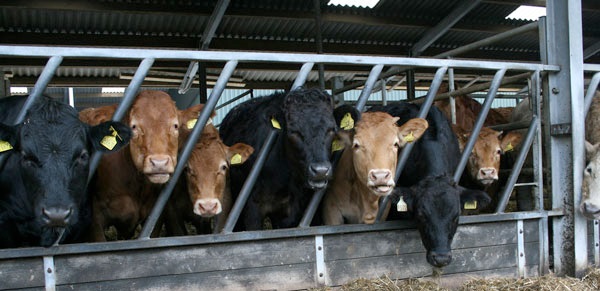
The beef sector is looking collaborators to form a five-year Beef Knowledge Partnership focusing on key areas of beef production.
The aim of the £1.5 million project by AHDB Beef & Lamb is to devise and implement a programme of research, development and knowledge exchange in two key areas: improving youngstock health and reducing losses due to poor health and disease during the production cycle and improving efficiency in the use of feed and forages, including updating nutrition standards for beef cattle.
The AHDB Beef & Lamb programme will deliver focused, commercially-relevant, innovative research. The project will also collect information on new technical developments, improved practices and emerging ideas from across the world. An intensive programme of knowledge exchange will accelerate uptake by farmers, in order to prepare for the challenges facing beef producers in the years ahead.

Dr Mary Vickers, AHDB Beef & Lamb senior scientist, said: “Mortality and production loss due to disease have a significant impact on the bottom line, and reduce our competitiveness internationally. Increasing pressure to minimise antibiotic use across the livestock industry means that it is more important than ever to focus on proactive cattle health management.
“Food and forage use efficiency is another key factor in sustaining a profitable beef system. Research on beef ration formulation is now 30 years old, so there is a real need for updating through new research.
“A partnership approach provides a flexible means for researchers and the beef industry to work collaboratively.
“The five-year term of the agreement means the work being undertaken can respond dynamically to new developments or emerging science.”
The Knowledge Partnership will be able to expand on existing AHDB collaborations and will be encouraged to access funding from other sources, such as UK Research Councils, Innovate UK and the industry, to add value to levy spend.
AHDB is a UK-wide Non-Departmental Public Body sponsored by Defra and primarily funded by farmers, growers and others in the supply chain through statutory levies
